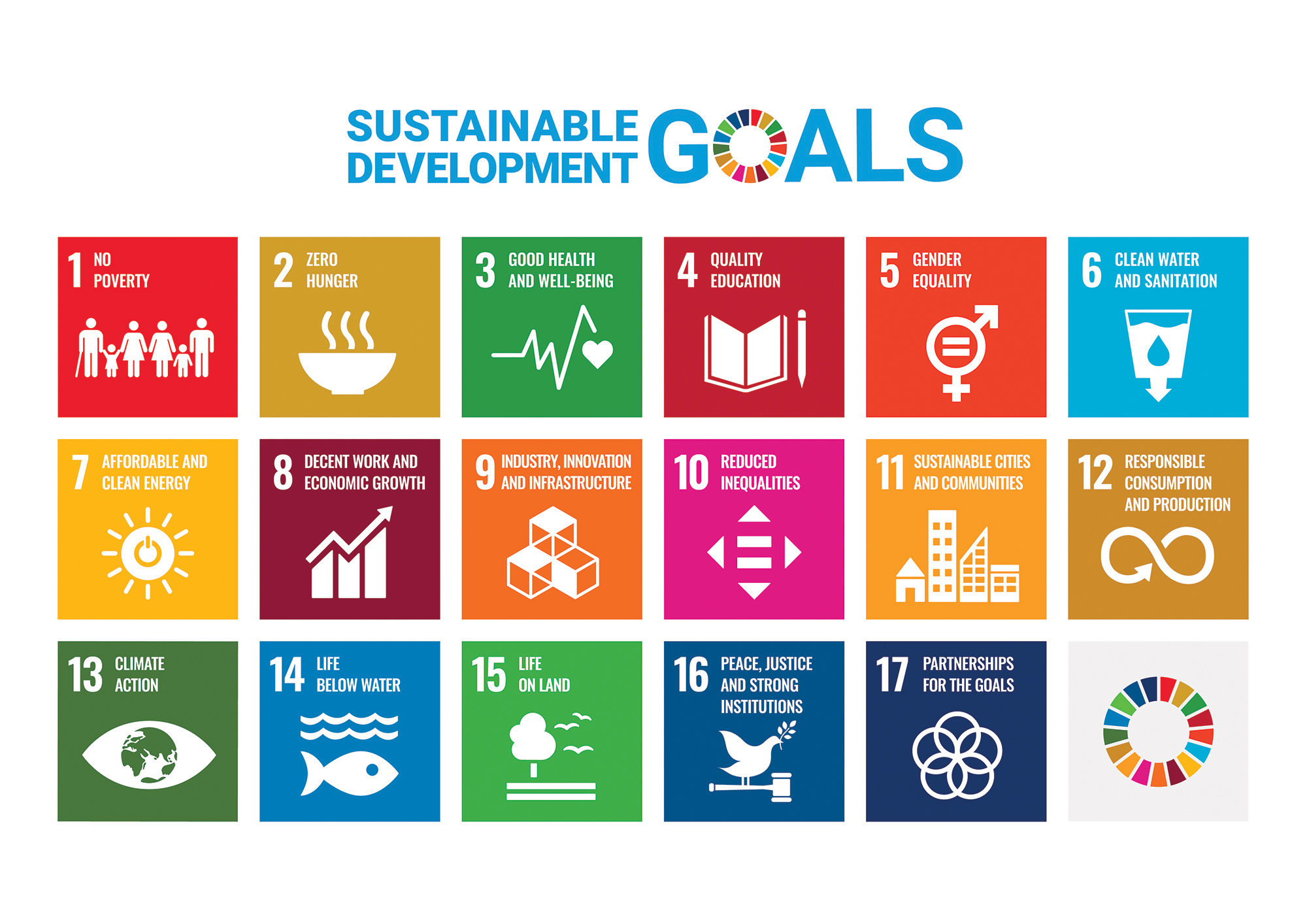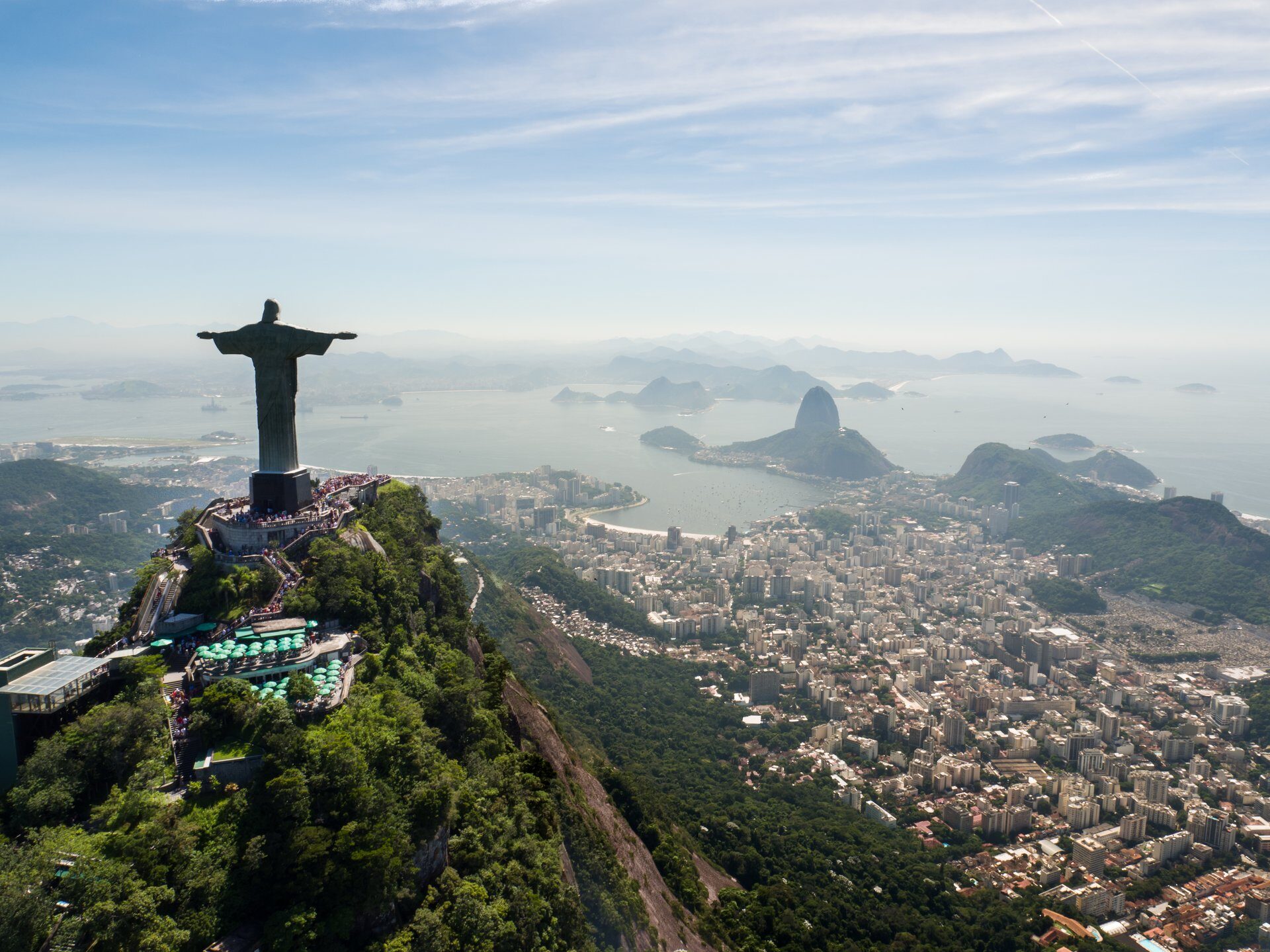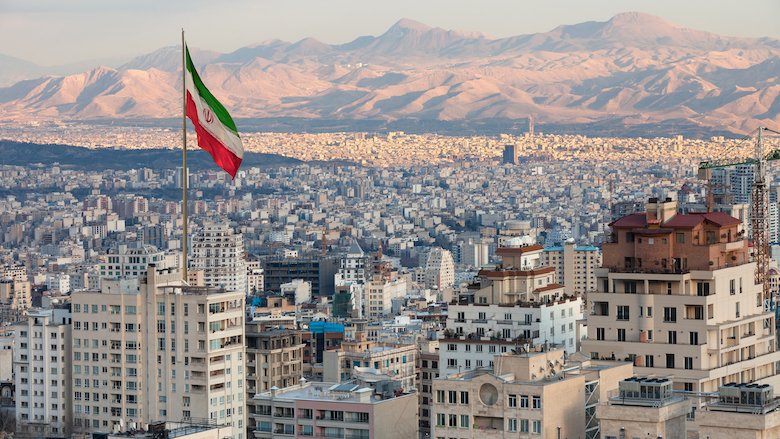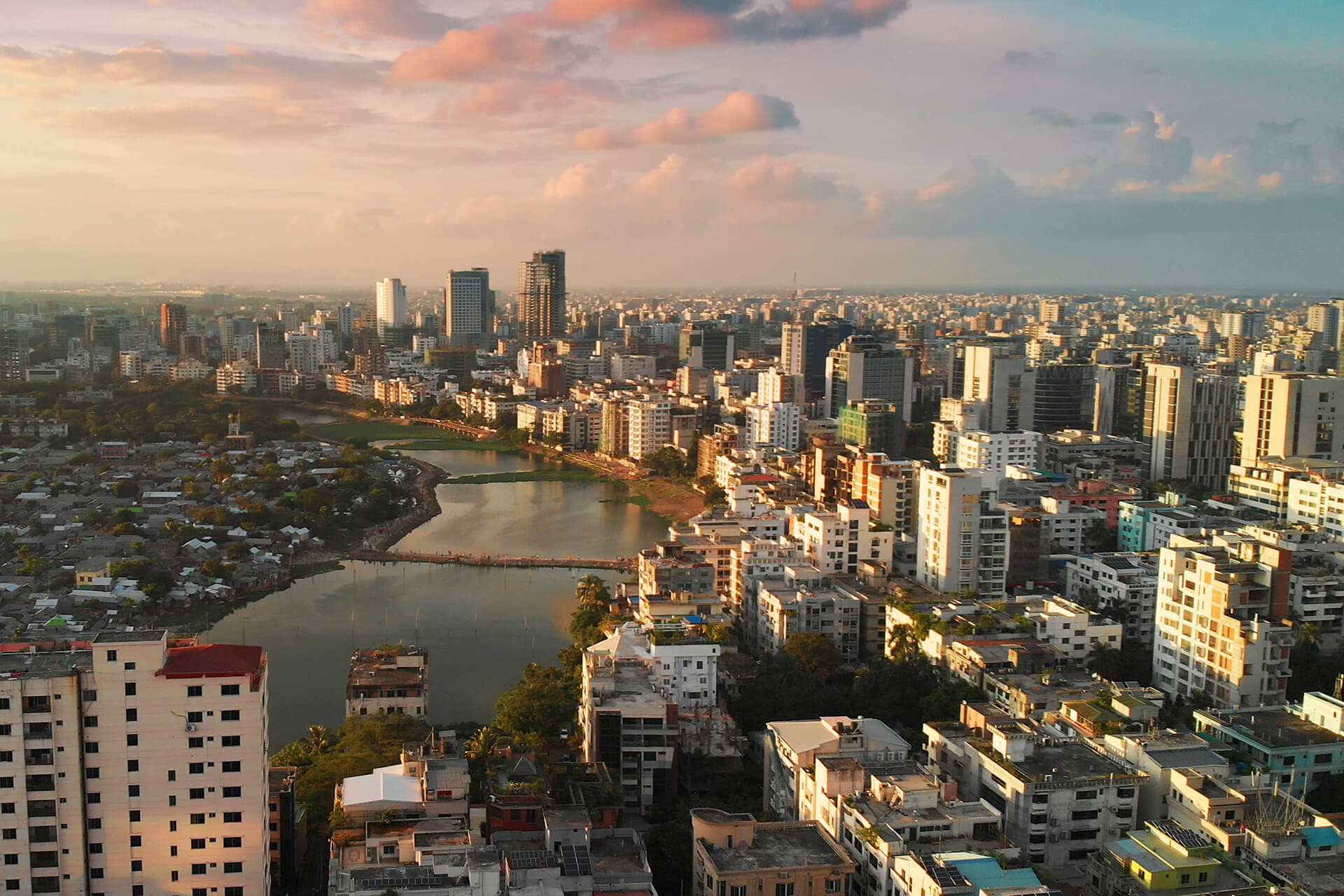The trend of globalization is becoming increasingly stronger and affecting the development of countries, especially those in the Southern Hemisphere. Striving for continuous development has brought both benefits and limitations to society and people’s living environment. From there, the United Nations SDGs were born to create criteria to help countries develop sustainably. This article will take you on a trip travel through continents and show how international actors have influenced the achievement of the SDGs by Brazil, Bangladesh, and Iran—three of the countries that represent the Global South.
SDGs, or The Sustainable Development Goals, are goals set by the United Nations to protect human rights such as social justice, fight hunger and poor education opportunities, as well as issues that affect the safety of the Earth. In 2015, all UN member countries agreed to implement the 2030 Agenda for Sustainable Development, which has 17 closely linked goals that apply not only to “developing” countries but have become a worldwide trend, the common point of these goals is related to Goal 3: ensuring healthy lives and promoting well-being for all citizens of all ages.
Brazil is our first destination. Being the largest country in South America and Latin America, this place is widely known for its lively cities and the infamous Amazon Rainforest. The Amazon Rainforest is by far the world’s largest rainforest with two-thirds of its area located within the borders of Brazil. However, deforestation is still an eternal problem that causes headaches not only for the government of this country but also for scientists and biologists around the world. One of the major causes of deforestation is the desire to exploit the Amazon’s vast natural resources. Several investment firms, including Black Rock, have also been criticized for their policies regarding the financing of Amazon deforestation companies. Despite claiming to be a green organization, a 2019 report by Amazon Watch revealed that BlackRock is the world’s largest investor in companies behind deforestation in the Amazon. Other organizations that serve to finance deforestation include powerful institutions such as Vanguard and Bank of America. Given the importance of the Amazon rainforest to the general well-being of the global climate, many countries have shown interest in reducing deforestation. In addition to supporting large-scale awareness campaigns, they also seek to promote multilateral movements, the most noticeable being REDD+, or “Reducing Emissions from Deforestation and Forest Degradation in a developing country”. Under the REDD+ program, the United Nations supports projects that monitor and measure Amazon damage, reforest the rainforest, and develop economic development strategies related to the Amazon Rainforest. A part of REDD+ is the Amazon Fund managed by the Brazilian Development Bank with donors including countries, NGOs, and individuals.
Moving on to Iran, a resilient country in the Middle East. Unlike Brazil, the influence of global factors in Iran does not lie in the environment but in various regional conflicts and geopolitical tensions. Efforts to promote peace and strengthen institutions are often overshadowed by the country’s substantial involvement in regional politics, hindering its progress towards the achievement of SDG 16. According to the World Bank, international sanctions placed on Iran by the United States and allies have hindered Iran’s economic growth and delayed time and resources from working on sustainable development goals. Reports from the Congressional Research Service highlight how sanctions linked to Iran’s nuclear program and geopolitical stances have limited Iran’s access to international trade, financial systems, and technology. According to the Middle East Institute, Iran’s international relationships and economic prospects were significantly affected by the Joint Comprehensive Plan of Action (JCPOA). In addition to affecting Iran’s economic stability, the United States’ withdrawal from this agreement and the sanctions reinstatement have hindered its engagement and collaboration toward achieving SDGs. Still, Iran found allies in major world powers, especially China and Russia, which have substantially contributed to advancing the SDGs in this country. According to a Center for Naval Analysis report from 2010, these relationships have provided some economic and diplomatic assistance, as well as positively impacted Iran’s international views and potential to fully integrate into the global community. The influence of these partnerships on Iran’s domestic policies as well as governance practices is essential to reduce inequality and strengthen institutions to fulfill the SDGs.
Our final stop leads us to Bangladesh, a culturally rich nation in South Asia. Arriving in this country, we can see how hunger and food shortages have hindered development and its effort to move closer to the SDGs. According to a World Bank report, between 2016 and 2017, 24.3% of the population fell below the standard poverty line, with 12.9% enduring extreme poverty. However, between 2016 and 2022, the poverty rate dropped from 13.47% to 10.44. With the devastating impact of COVID-19 on the worldwide economy, this is a massive improvement. Despite this progress, a substantial portion of the population hovering above the poverty line remains excessively vulnerable. Connected with the ongoing Russia-Ukraine war, the situation has worsened, pushing 3 million Bangladeshis into poverty due to the surge in commodity prices. The sudden rise in the cost of essential goods such as food, petroleum, fertilizers, and other necessities has placed a burden on the rural population. Not only facing difficulties with starvation, but Bangladesh also faces difficulties with government corruption, causing serious impacts on the national economy. International organizations such as the World Bank have attempted to implement Conditional Aid, saying they would help the country if anti-corruption solutions were taken. However, this didn’t bring a good result. The IMF also had a funding collaboration with the government to create programs that help to preserve economic stability and facilitate growth. It asks to increase social spending and ensure that the most vulnerable and disadvantaged receive proper care, but it also calls for reducing gas and electricity subsidies, which increase living costs. This makes people’s lives even more difficult and makes all changing efforts return to the starting point.
Traveling through three countries, each has its problems to face. For Brazil, the destruction of the Amazon forest comes not only from the domestic government but also from foreign actors who desire economic benefits. Fortunately, there are still international organizations that care and want to restore the situation. of the forest. In Iran, human rights and peace are always controversial issues and make it difficult for the country to achieve the 2030 Agenda for Sustainable Development. In contrast to America’s constant obstruction, Iran has found allies to support it in China and Russia. Bangladesh is the country with the most difficulties when the government is corrupt and cannot control the economy, the country is also affected by the war between Russia and Ukraine. However, all support efforts seem to have better results as people’s hunger gradually decreases. Global factors have always profoundly influenced the development of each country, whether for better or for worse. World organizations need to promptly detect support and prevent negative changes, helping to bring the goal of achieving the SDGs closer.




Leave a Reply